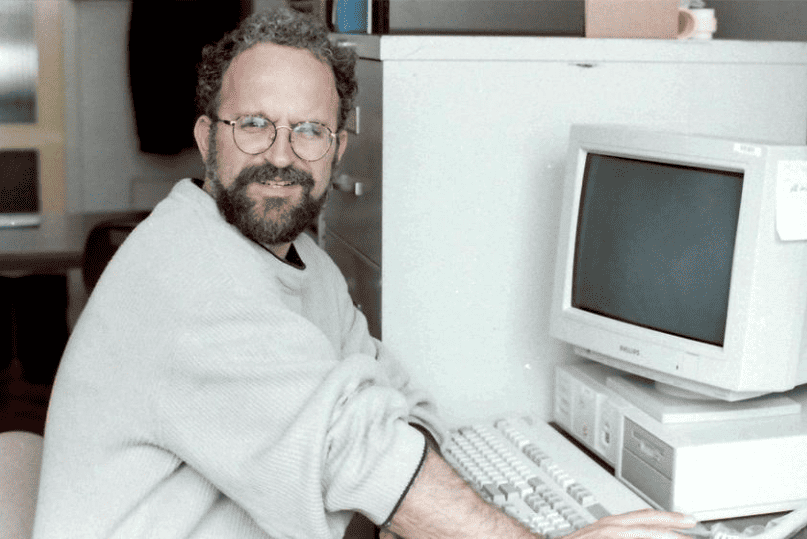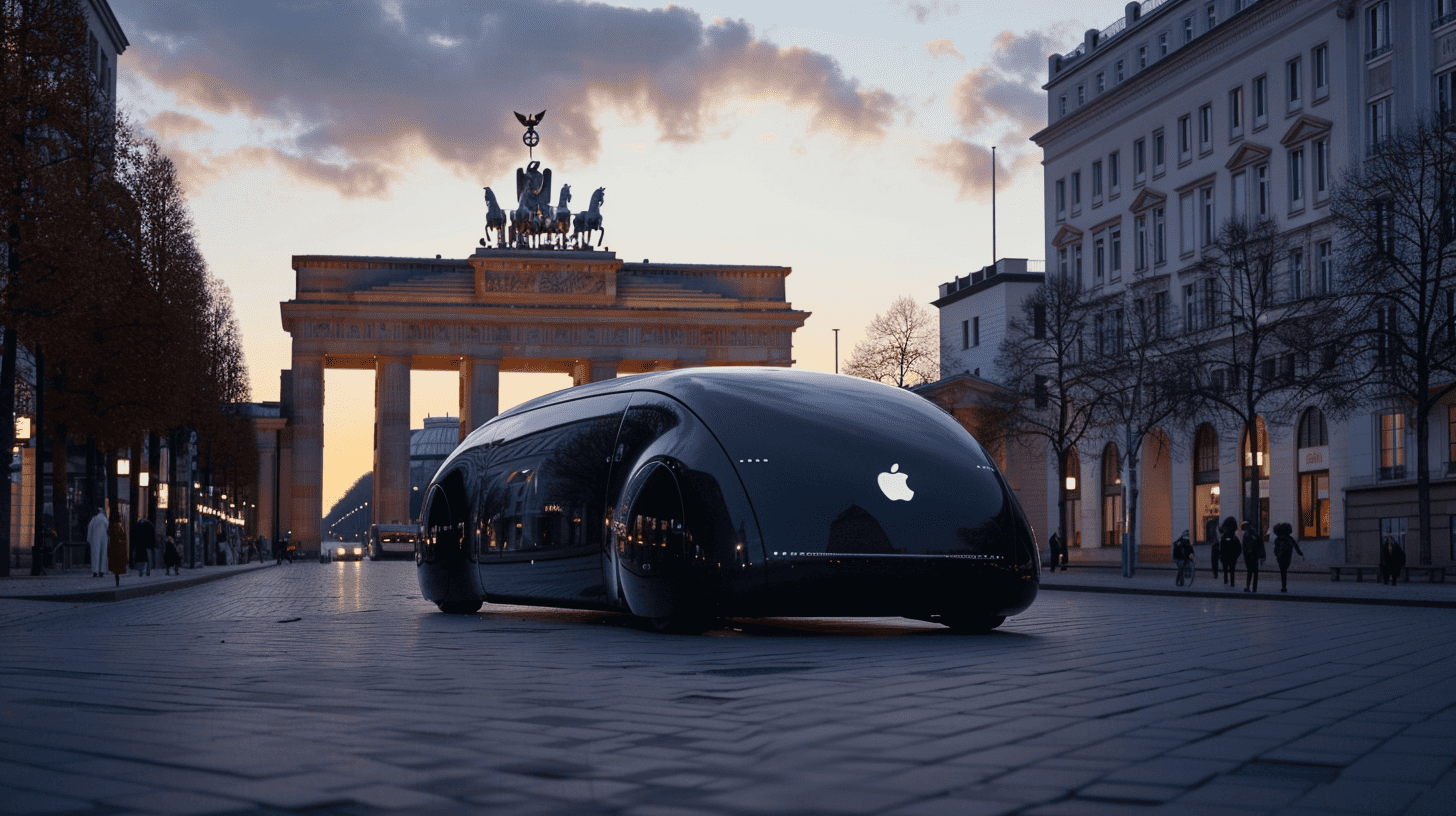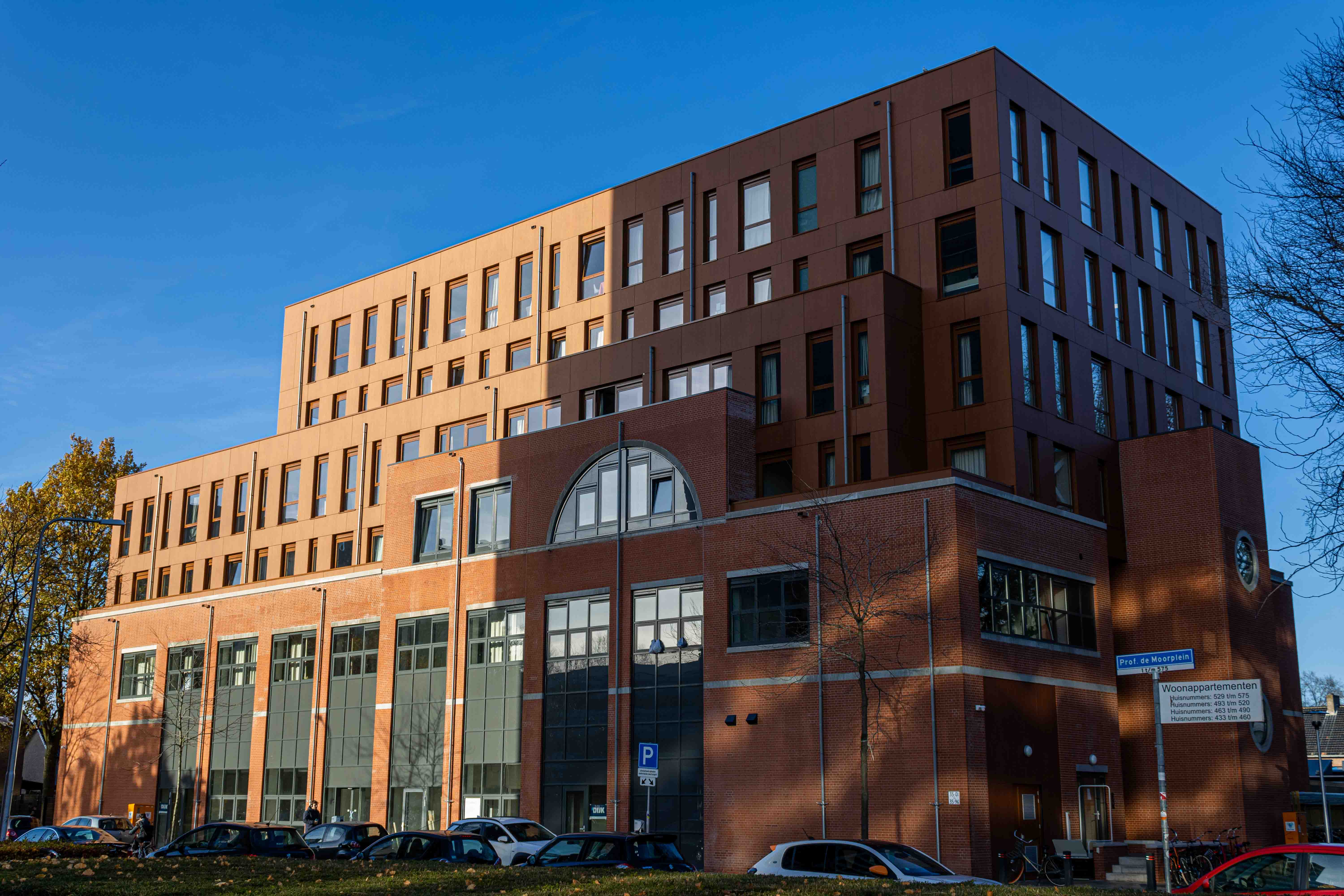
My Apple Watch alerts me when I fail to wash my hands long enough. It can also remind me that when I get home that I have to wash my hands. The sound of the running water and the movement of my hands tells my watch that I am washing my hands and then it checks how long I am washing them. Great in this day and age of COVID-19. Currently still in the beta version of the software, but it will soon be available to everyone.
I didn’t buy my watch to check the time, but simply because I love new technology and wanted to see how it all worked. Now I use my watch for sports. It indicates the value of my heart rate, I can listen to a podcast on my watch with my wireless earphones without having to take my phone with me for a run. I ask Siri to set a timer to keep track of how long the potatoes still need to cook and when I enter my house I switch on my lights with my watch or home app on my phone. Oh yes, at the bakery I pay for my bread hands-free via my watch or telephone …
When I bought that Apple watch, I already had a little idea of what I could expect in terms of applications. With my mobile, it was very different. I bought my first mobile to actually make phone calls. It took me some time to buy one, I only bought one in 2000 but after that, it went quickly! My first smartphone was very useful for taking pictures and reading mail. After that, TomTom became my main app. We all know what became possible in the years that followed. I use my phone every day and for many different things. Using my phone to make a phone call? I hardly do that anymore….
But what does all this have to do with a picking robot?
We develop a picking robot because we do not have enough people available for the harvest. However, food security is more important than ever so the work needs to be done. Due to the acceleration in technical developments, it will be possible in the coming years to pick (part of) our tomatoes with robots. The development of these robots requires knowledge in the field of vision, mechatronics, AI, and plant physiology, among other things.
We will develop that robot or rather those robots. The market is big enough and a different approach is required for each crop. Enough space for several players! The technical development of the robots and the associated business cases are a story in themselves, more about that later. Now I mainly wonder what we are going to develop and who is going to take the lead in this.
I see many parties around me who are working on the development of a harvesting robot. Some of them are already in the open, some still in ‘stealth mode’. In the RoboCrops program, in which we are building an ecosystem for robots in greenhouse horticulture with a number of parties, I talk to a lot of developers from all over the world. I see that the focus is mainly on picking the fruits, leaves, or flowers. The question that is considered important is how many tomatoes does the robot pick per hour / per day and how many do we need to replace the human pickers. Growers indicate that developing the robot is urgent because there are no more people who want to or are able to pick and the entire business case is made around the costs and revenues of a human versus a picking robot.
Not simply replacing human labor
I think this is not the full story. Simply replacing human labor is like making a phone that you can take with you as opposed to a landline. Or it’s like making a watch that you never have to wind up again. This is about automating or improving existing products and processes. The robots in greenhouses will do more than just picking. Moreover, we are currently developing robots to work in existing greenhouses and with existing varieties. To really take steps, we need different cultivation systems and varieties. Both the breeders and system developers in horticulture are working on this. It is important to coordinate these developments.
What the robots will look like and what new applications they will bring with them I will write about in the next post. Just as I can still see the time on my Apple watch, that is really no longer the reason why I bought it. In the future, the robot in horticulture will certainly no longer (only) be bought for picking tomatoes or strawberries…
Also interesting: The robot is ready for the conquest of the agricultural sector
About this column:
In columns, written alternately by Tessie Hartjes, Bert Overlack, Mary Fiers, Peter de Kock, Eveline van Zeeland, Buster Franken, Jan Wouters, Katleen Gabriels and Auke Hoekstra, Innovation Origins tries to figure out what the future will look like. These columnists, occasionally joined by guest bloggers, are all working in their own way on solutions to the problems of our time. So that tomorrow is good. Here are all the previous articles.







